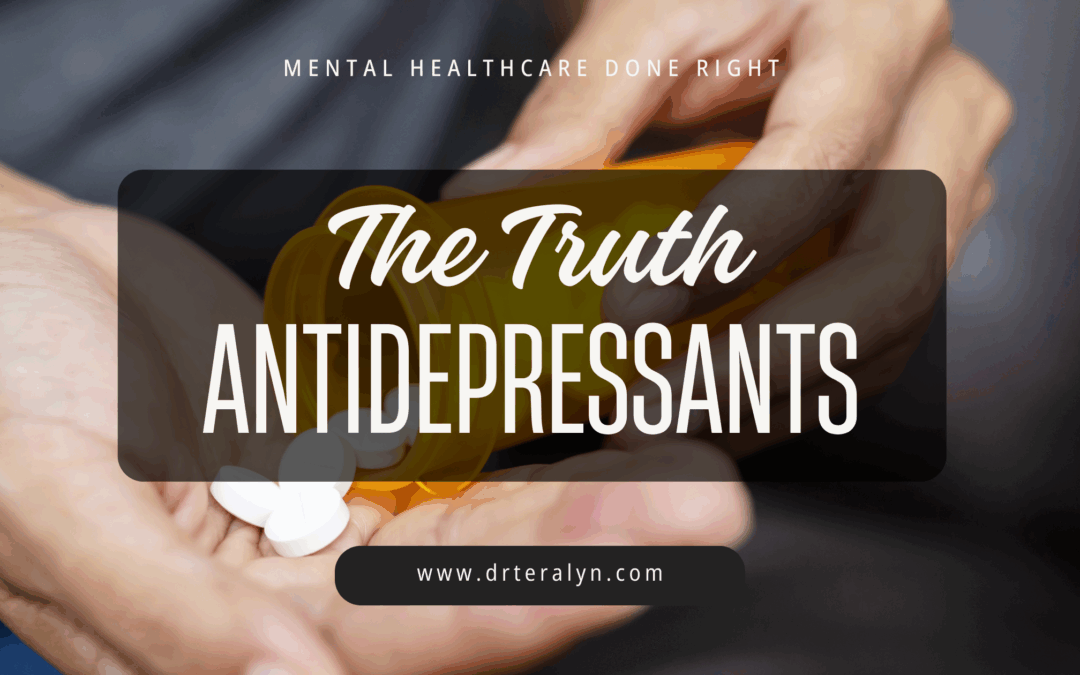They said it would help.
They said I could stop when I was ready.
They never said what would happen after.
For millions of people, the hardest part of taking antidepressants isn’t starting—it’s trying to stop. And the truth is, no one is talking about it loud enough.
💊 What Withdrawal Really Feels Like
Discontinuing antidepressants doesn’t just cause a few side effects. For many, it unleashes a full-blown physiological and psychological storm:
-
Brain zaps that feel like your mind is short-circuiting
-
Crushing panic attacks out of nowhere
-
Nausea, insomnia, exhaustion
-
A sense of falling apart—emotionally, spiritually, physically
What’s worse? These symptoms are often misdiagnosed as a “relapse,” and people are told to just go back on the drug.
But this isn’t relapse. This is withdrawal. And it’s very real.
📉 The Medical Gaslighting of Withdrawal
Antidepressant withdrawal has been sanitized under the term “discontinuation syndrome”—a phrase designed to minimize and dismiss.
But when people are screaming into the void, wondering if they’re going crazy, or if they’ll ever feel normal again, calling it “mild and temporary” is an insult.
Research now shows that withdrawal symptoms can last months or even years—especially after long-term use or a rapid taper. Yet prescribers continue to hand out these medications with little to no discussion of how to safely stop them.
🧠 You’re Not Mentally Ill—You’re Chemically Dependent
Let’s be clear: antidepressants change brain chemistry. Stopping them changes it again. That’s not weakness, and it’s not failure.
It’s biology—and withdrawal is a physiological reaction, not a sign you’re broken.
Yet the mental health system continues to treat people like they’re imagining it.
They’re not.
You’re not.
🛑 Why the Silence?
Because the truth makes people uncomfortable.
Because pharmaceutical profits are at stake.
Because the mental health system is still stuck in a one-size-fits-all model that’s long overdue for change.
But here’s what the silence breeds:
Shame. Isolation. Fear. And a terrifying sense that you’re the only one.
You’re not.
🔑 What You Deserve to Know
If you’re considering coming off antidepressants—or you’re deep in withdrawal right now—read this carefully:
-
You must go slow. Tapering should take months, sometimes years. The 50%-then-0% plan is a recipe for suffering.
-
Find support that actually understands. Not every doctor or therapist gets it. But some do. Find them.
-
You are not weak. You are not broken. You are having a normal response to an unnatural process.
🗣️ It’s Time to Tell the Truth
This isn’t about being anti-medication.
It’s about being pro-informed consent, pro-body autonomy, and pro-truth.
People deserve to know the whole story—not just what gets printed on a label.
Because healing should never come with a trap door no one warned you about.
If you’ve survived antidepressant withdrawal, your story matters. Speak it. Share it. You might save someone else’s life.

